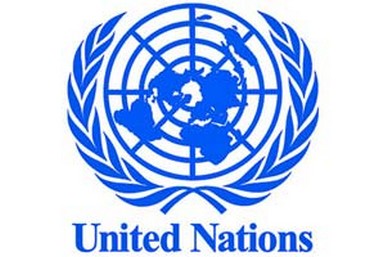

Yaounde, 9 June 2016 (ECA) – In a rather upbeat High Policy Dialogue that ended in Yaounde today,
close to 40 senior state planning officials from across Africa concurred that urbanization
must be harnessed in development planning for its potential to deliver growth, improve livelihoods and accelerate structural transformation.
The three-day Dialogue, which is the fourth installment of a continent-wide initiative by ECA for policy coherence in Africa provided a
platform for countries to share experiences as they come to terms with the stark reality that they cannot effectively emerge
if they continue to overlook urbanization concerns in development planning.
In Nigeria, for instance, the challenge is one of a fast growing population and rapid urbanization but
the country’s planners at the Dialogue said they want to put premium on leveraging industrial cities and strengthening
public-private partnerships.
As for Burundi, rapid urbanization is mounting pressure on land use for agricultural growth,
while Egypt faces problems with its legal framework, limited decentralized planning and lower provision
of services among other things.
Cameroonian officials who participated in the Dialogue said urbanization is already integrated in their
national development framework but there is need to make it cut across all sectors.
The models of the ‘class’ would apparently be Kenya and South Africa.
According to experts, Kenya has already embedded urbanization into its development vision for 2030 but
needs address youth unemployment in informal settlement areas.
South Africa has elaborated its Integrated Urban Development Framework (IUDF) and only needs to commit to its implementation.
Mindful of these difficulties, the planners brainstormed ways in which the continent could start tying the lose ends.
First, they proposed that decision-makers and policy-makers make use of geospatial information to tease out
the challenges and opportunities brought by urbanization.
The planners also underscored the need to improve the connectivity of urban areas to rural,
regional and global spheres in order to attract investments.
This is even more so, given that better connectivity would go hand in love with greater regional integration and
cooperation which they said are e crucial for shared infrastructure such as energy supply, as well as for overall growth.
They intimated that since urbanization is crosscutting, it requires national planning to achieve effective inter-sectoral coordination.
They also called on African countries’ generation of better quality data as well as the setting up of strong and effective
national planning institutions with political legitimacy.
Meanwhile raging calls were made for ECA to further guide African member States on
factoring urbanisation in development planning by developing tools, methodologies and indicators that can serve countries practically.
